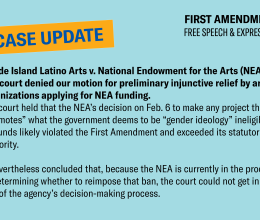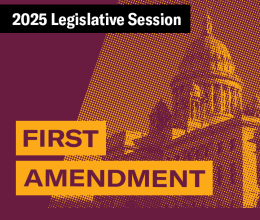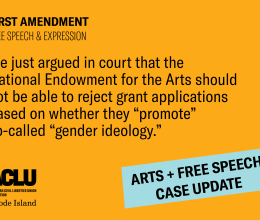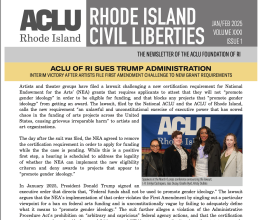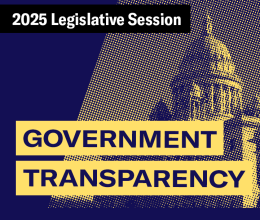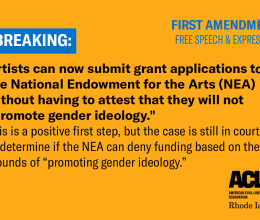
In a major ACLU free speech case addressing the First Amendment and the Internet, the U.S. Supreme Court will hear oral arguments tomorrow, Wednesday morning, March 5th in the Bush Administration’s appeal of a Congressional law that would force libraries to deny adults and minors access to constitutionally protected speech online. One of the plaintiffs in this lawsuit filed by the National ACLU and others is a Rhode Island-based website, AfraidToAsk.com, which discusses sensitive health care issues. The R.I. Library Association has also filed a “friend of the court” brief in support of the ACLU’s position.
The federal law requires libraries that receive federal funding to install “technology protection measures” on all of their Internet access terminals to bar access to material “harmful to minors.” Last June, a three-judge panel agreed with the arguments made by the ACLU that filtering software cannot effectively screen out only material deemed “harmful to minors.” Based on nine days of testimony from librarians, patrons, web publishers and experts, the court supported its ruling with over 100 pages of detailed findings of fact, which established that “at least tens of thousands” of web pages are wrongly blocked by “filtering” programs, including web sites for the Knights of Columbus, a Christian orphanage in Honduras and several political candidates.
AfraidToAsk.com provides information through its web site about highly personal health care issues, such as sexually transmitted diseases, depression, chronic disease and erectile dysfunction. It also maintains a “bulletin board” on its web site, where users share information on personal health care issues. The site is run by Jonathan Bertman, M.D., a Clinical Assistant Professor of Family Medicine at Brown University with a private practice in Hope Valley. The information and discussions on the site are by their nature frank, and include explicit language and pictures. Dr. Bertman believes that explicitness, both textual and visual, is necessary to the site’s mission to provide comprehensive information about the topics it covers. He further believes that many individuals who use the site are adolescents who are either too embarrassed or afraid to discuss issues about their bodies or sexual activities with their parents. AfraidToAsk.com is one of nine web sites or organizations with web sites named as plaintiffs in the suit. Each of the web sites is blocked by one or more of the leading commercial “blocking” programs.
